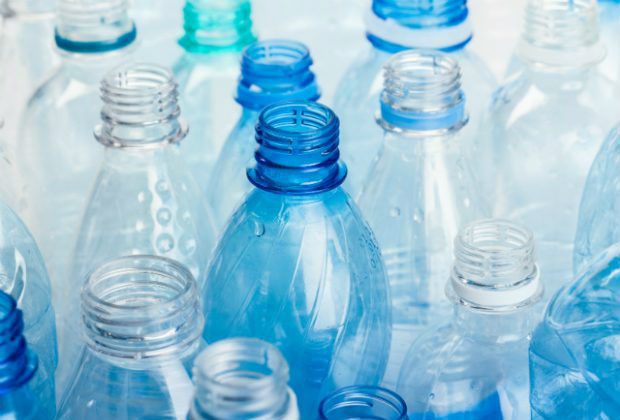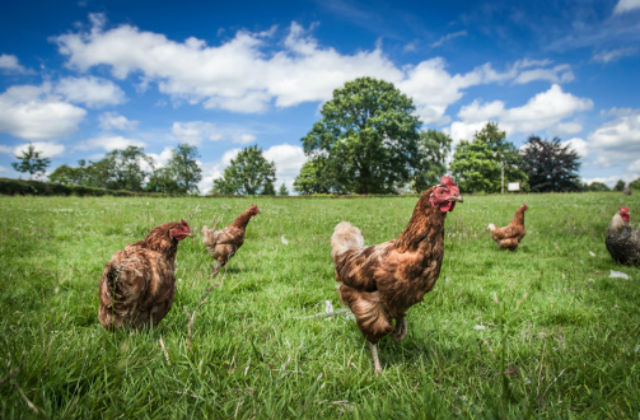Recycling plastics

The Daily Mail today reported on the difficulty some households face in recycling their plastics.
This, the story said, was because more than a quarter of local authorities in England do not collect plastic tubs, pots or food trays, with only 7% accepting carrier bags.
A Defra spokesperson said:
Recycling rates are rising, with less waste being sent to landfill, but more still needs to be done to further reduce avoidable waste and recycle more which will form part of our resources and waste strategy.
We are also working closely with industry, retailers and organisations such as WRAP to make it even easier for householders to recycle as much as possible.
Chemicals regulation
The Financial Times today splashed on concerns from the chemicals industry at the future of legislation post EU exit.
Currently REACH (Registration, Evaluation, Authorisation & restriction of Chemicals) is the core regulation for safe management of chemicals on the EU market.
A government spokesperson said:
We are working to ensure a smooth transition for the chemical industry as we leave the EU.
Our priority is to maintain an effective regulatory system for the management and control of chemicals to safeguard human health and the environment, respond to emerging risks and allow trade with the EU that is as frictionless as possible.
We will continue to engage with industry to help deliver a smooth exit.
Environment Agency vehicles help during heavy snowfall

This morning, BBC Breakfast interviewed the Environment Agency’s Dave Throup about the EA crews pitching in to help local people affected by the snow and icy weather.
In the West Midlands, which has seen up to a foot of snow in some places, EA staff have been helping residents who would otherwise be stranded, using 4x4s to get vulnerable people to vital medical appointments.
The volunteers are being directed by the NHS to their priority patients, as well as ferrying doctors and health visitors to people’s houses. They’re also available to the local resilience forum to deliver vital supplies like food and road salt, if needed.
Dave said the Environment Agency will be working with partners to support communities over the next few days while the snow still poses a risk.
Dave Throup, Environment Manager, said:
Our role in this type of incident is to support and protect local people by working with the local authorities, health, and emergency services. We’re pleased to be using our people and equipment to help people stay safe and well.
Meanwhile we’re keeping a close eye on the weather and river levels – although we don’t expect the thawing snow to have an impact, we’re ready to respond if conditions change.
Bird flu and African Swine Fever

(Copyright: Thinkstock)
Last night’s Countryfile on BBC One took an in depth look at bird flu and African Swine Fever, discussing the threat posed by both diseases to ‘backyard keepers’ and asking what can be done to protect birds and pigs. Watch the report on the BBC iPlayer (around 9 minutes in).
Ian Brown, Head of Virology at the Animal and Plant Health Agency (APHA), spoke in the piece emphasising the risks of African Swine Fever and the importance of not feeding scraps to pigs, as well as highlighting the range of advice that Defra has issued to backyard keepers on bird flu.
This includes minimising movement in and out of enclosures; cleaning footwear before and after visiting birds; keeping bird enclosures clean and tidy; regularly disinfecting any hard surfaces; placing food and water in fully-enclosed areas that wild birds cannot access and keeping birds separate from wildlife and wild waterfowl by putting suitable fencing around the outdoor areas they access. Owners should also register their birds and sign up for free disease alerts.
For more information, owners should read our full advice here.
Follow us on Twitter: @defragovuk
Subscribe to the blog for email updates.